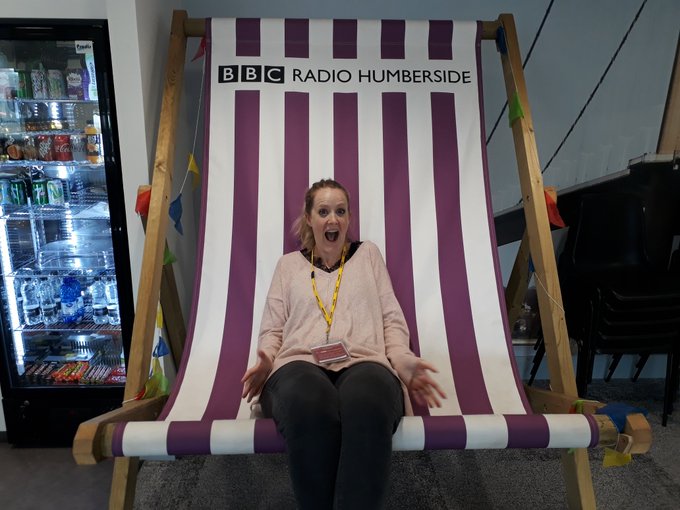Audience development manager, Jamie Potter, writes about the value of BBC local radio to arts and culture in our region

Ellen Brammer visiting the BBC Radio Humberside studio during Hull’s year as 2017 UK City of Culture
News broke last week that the BBC intends to make sweeping cuts across its local radio stations – a proposal that would lead to multiple redundancies and reduce local broadcasting.
Powered by talented and knowledgeable staff and, most importantly, free of commercial restraints, BBC local radio can cover communities in a depth and breadth that few other regional media organisations would even consider.
Covid-19 highlighted the importance of such a service, as did recent bouts of flooding in our region, when the BBC kicked into action to report throughout the night, from the ground, to concerned residents affected by rising waters.
It’s their contribution to arts and culture in our area that I particularly want to draw attention to, though.
From regular appearances with Burnsy, the breakfast show, Culture Night and No Filter to premiering show tunes on BBC Introducing and hosting reporters who traipsed up to the Edinburgh Fringe, Radio Humberside has been an important platform for Middle Child and countless other local artists looking to share their work.
During the Christmas lockdown of 2020 we even pitched the idea of broadcasting an audio version of that year’s digital panto on their airwaves. Radio Humberside leapt at the chance and, as a result, we were able to spread a little festive cheer, while giving several newly commissioned writers exposure on an even greater scale.
BBC staff are regularly spotted in the audiences of our shows and those of many other theatre companies, musicians, comedians, artists and more. They know what makes culture tick and, as well as providing a regular platform for arts workers in the region, they do the hard work of holding publicly funded organisations’ feet to the fire.
Producers, researchers and reporters at Radio Humberside are some of the few newshounds who reach out to Middle Child, even when we don’t share a press release. They have their ears close to the ground, as any good journalist does, and live and participate in the communities from which they report.
There is no clearer example of this than when Liz Truss toured local radio stations days into her premiership.
Pundits and commentators in Westminster circles scoffed at what they assumed would be an easy ride and questioned why she wouldn’t face the “big guns” on national channels.
Those of who listen to our local stations knew it would be quite the opposite. When faced with presenters who understand the reality of their audiences’ lives and don’t rely on access to the powerful to further their careers, Liz Truss came unstuck.
Making redundancies and wholesale changes to stations who put in this kind of work then, across multiple sections of our society, would have a notable impact on communities in East Yorkshire and North Lincolnshire, and no doubt many other regions.
For the arts especially, in an era of clickbait reporting and the disappearance of specialist reporters, BBC local radio (alongside Hull’s 107FM and West Hull FM) is one of the last bastions against media oblivion. Without their particular support, we risk public arts coverage narrowing even further.
I hope that those in charge see and understand the folly in their proposals and commit to maintaining jobs and a service that is valued by so many people.
